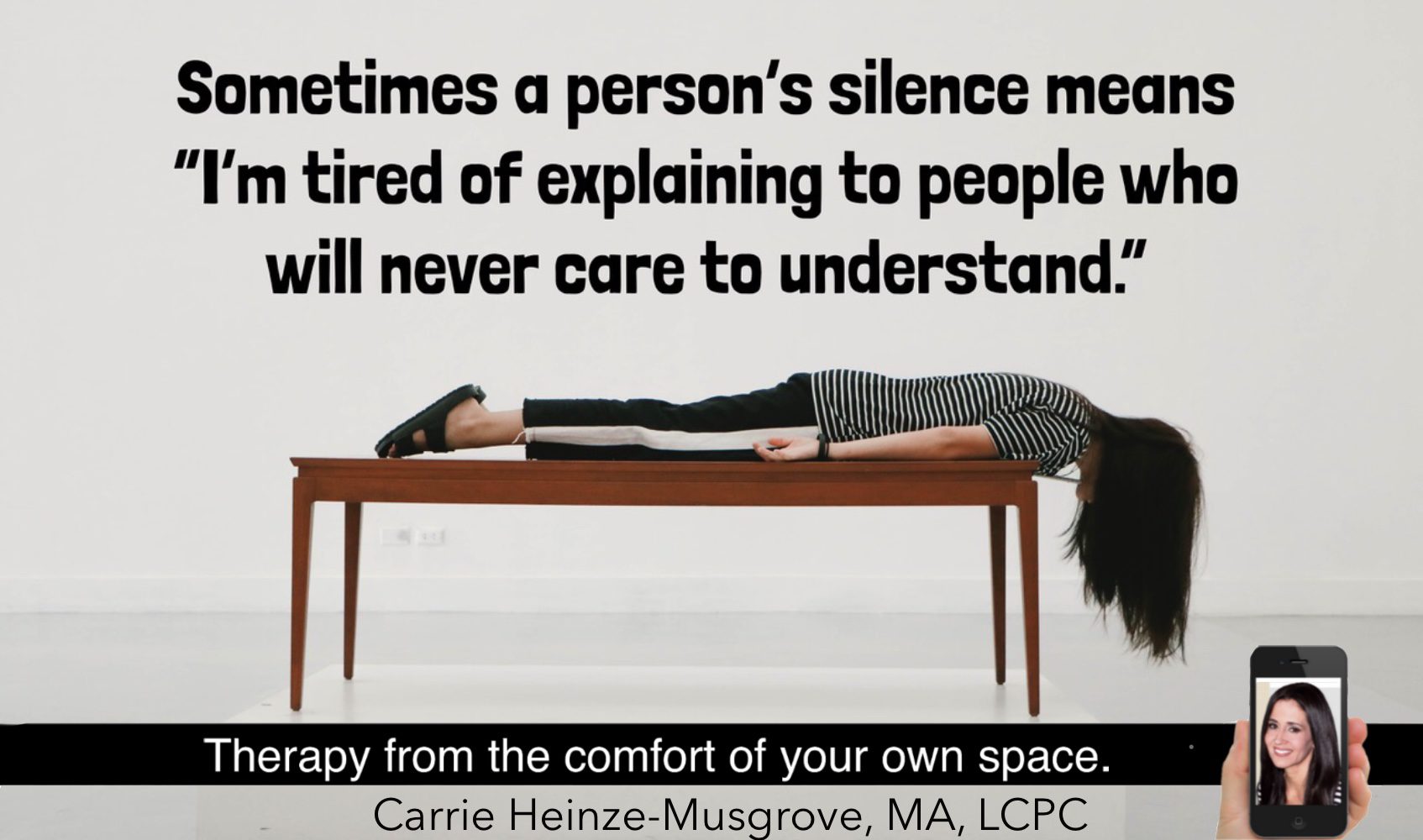Do you feel constant pressure to explain yourself? Do you often feel misunderstood by other people? Do you feel like you’re the only one? Do you find yourself keeping people at a distance even though you want to be close? Do you fear rejection? Does this trigger a host of insecurities?
People have different ways of handling their feelings. Some people are overly sensitive, wearing their heart on their sleeve or being honest and upfront in expressing themselves. Others are more cautious and safeguard their every emotion.
So, why do we shut down emotionally rather than just tell someone how we feel?
The simplest answer is that our needs and wants are not being met. Maybe we fear being judged or not accepted by others. Perhaps we feel there isn’t any point to it. Maybe we believe someone just doesn’t care enough to understand anyway. Perhaps we used to be honest and upfront and got shot down one too many times in life.
Putting up an emotional wall comes from a legitimate place. In this context, shutting down is for our own protection. We shut down in order to shut other people out. It’s an easy out. A quick fix.
“If I don’t let you know what’s going on with me, you can’t hurt me.”
Emotionally cutting yourself off may be an effective way of protecting yourself in the short term, but it comes with long-term consequences. Feeling powerlessness adds fuel to an already simmering fire.
Despite some common threads, everyone’s situation is unique. A trigger for one person to shut down differs from another person’s reason for shutting down. Knowing your specific reasons for shutting down emotionally is the key. This is where therapy is beneficial.
Our triggers are always pieces of our past still left unhealed. When these issues resurface, we have an opportunity to learn why shutting down occurs to begin with and how to keep it from happening again.
Finding the confidence and learning new skills that allow you to tell people how you feel is essential. If you ignore this opportunity, you will continually repeat the same dysfunctional patterns over and over again.
Having a therapist that understands this dynamic helps you continue to learn and grow.
If this is you and you’re truly ready for these changes then I invite you to contact me here. www.carrienet.com/contact/
Carrie






